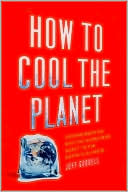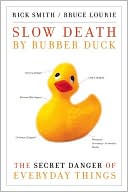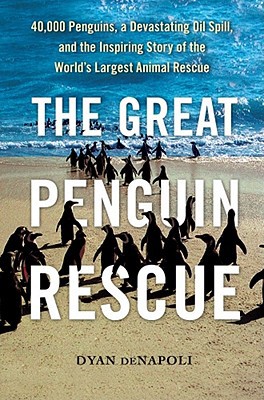How to Cool the Planet: Geoengineering and the Audacious Quest to Fix Earth's Climate
Search in google:
Climate discussions often focus on potential impacts over a long period of time—several decades, a century even. But change could also happen much more suddenly. What if we had a real climate emergency—how could we cool the planet in a hurry? This question has led a group of scientists to pursue extreme solutions: huge contraptions that would suck CO2 from the air, machines that brighten clouds and deflect sunlight away from the earth, even artificial volcanoes that spray heat-reflecting particles into the atmosphere. This is the radical and controversial world of geoengineering.In How to Cool the Planet, Jeff Goodell explores the scientific, political, and moral aspects of geoengineering. How are we going to change the temperature of whole regions if we can’t even predict next week’s weather? What about wars waged with climate control as the primary weapon? There are certainly risks, but Goodell persuades us that geoengineering may be our last best hope, a Plan B for the environment. And if it is, we need to know enough to get it right. Publishers Weekly Goodell (Big Coal) investigates the viability of geoengineering: ambitious, mostly unproven strategies to “deliberately engineer the earth's climate to counteract global warming.” Despite his promise to avoid the “wacky ideas proposed by wannabe geoengineers,” Goodell has trouble avoiding eccentric characters like Edward Teller's protégé, flamboyant Lowell Wood, nicknamed “Dr. Evil,” and such grandiose and questionable schemes as ocean fertilization, that raise the question: “at what point does the urgent and heroic goal of fixing the planet become just another excuse to make a quick buck?” Even a down-to-earth scientist like David Keith, whose machine extracts carbon dioxide from the air, estimates that an optimized system would still require thousands of these “scrubbers,” with costs around $150 per ton of CO2. In a genre dominated by doomsday scenarios, Goodell's treatment is refreshingly lighthearted, but two questions haunt him: “what kind of person dreams of engineering the entire planet? And can we trust him?” He warns, “[T]echnology has taken us farther away from nature, not drawn us closer to it,” and his provocative account achieves a fine balance between the inventor's enthusiasm and the scientist's skepticism. (May)








